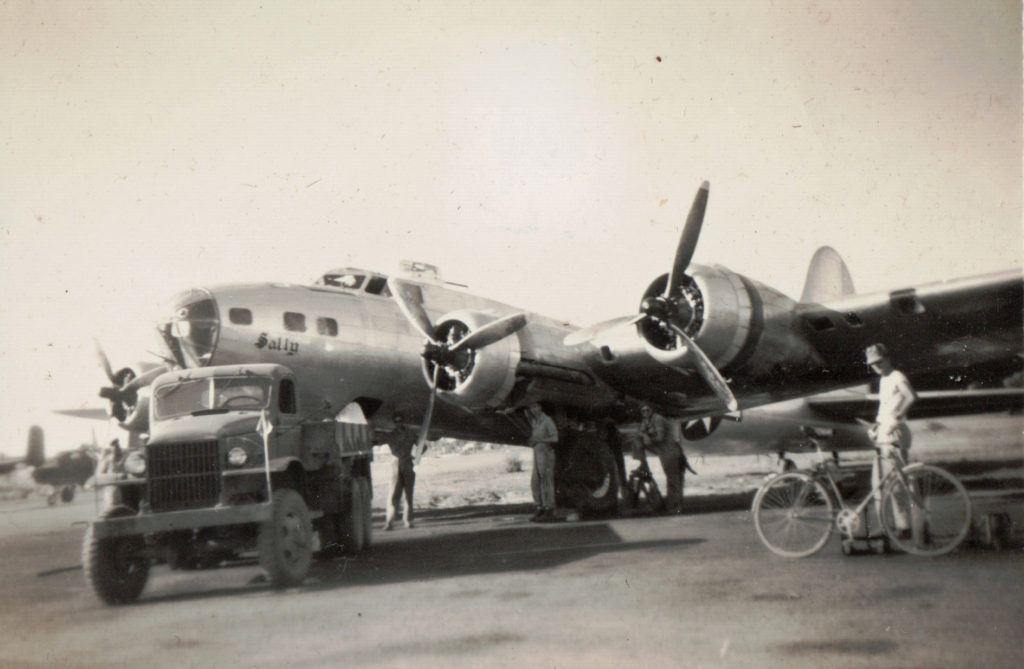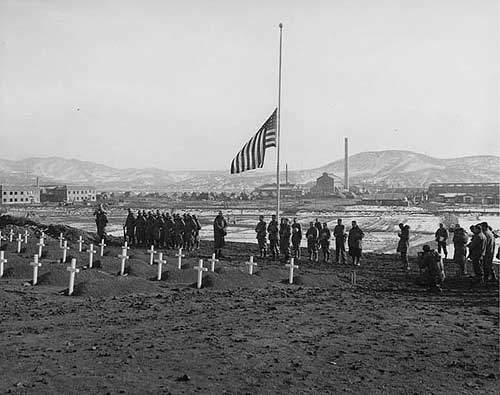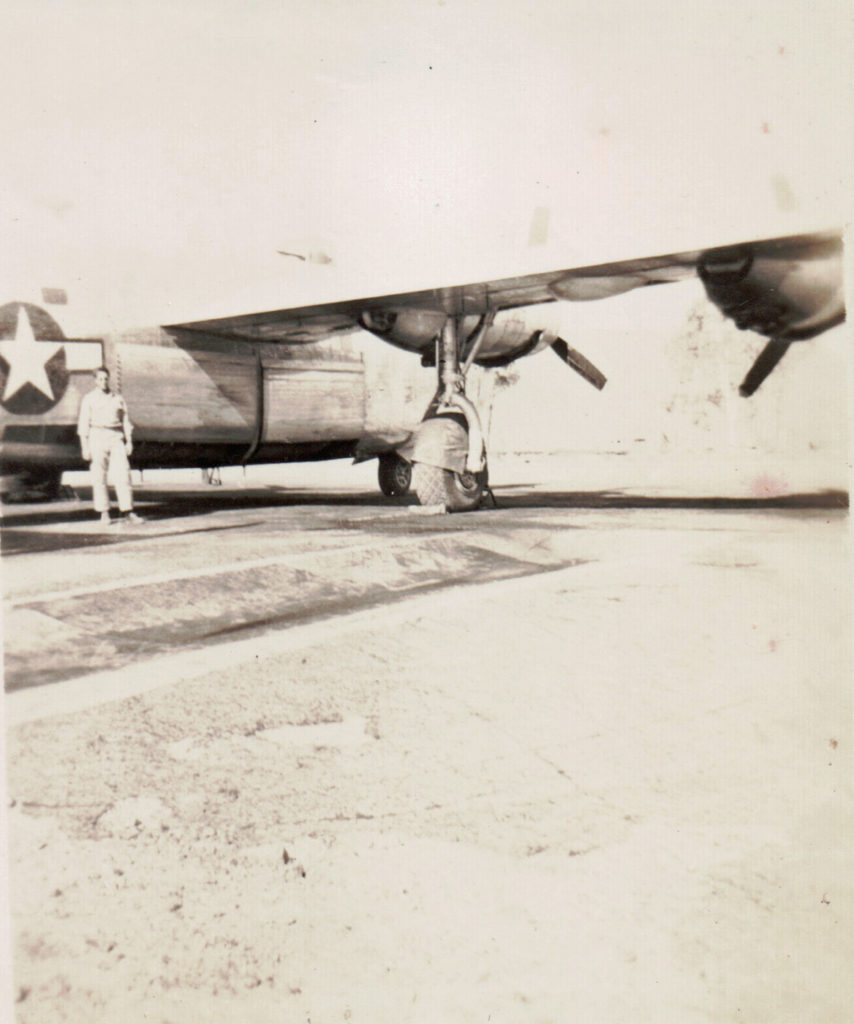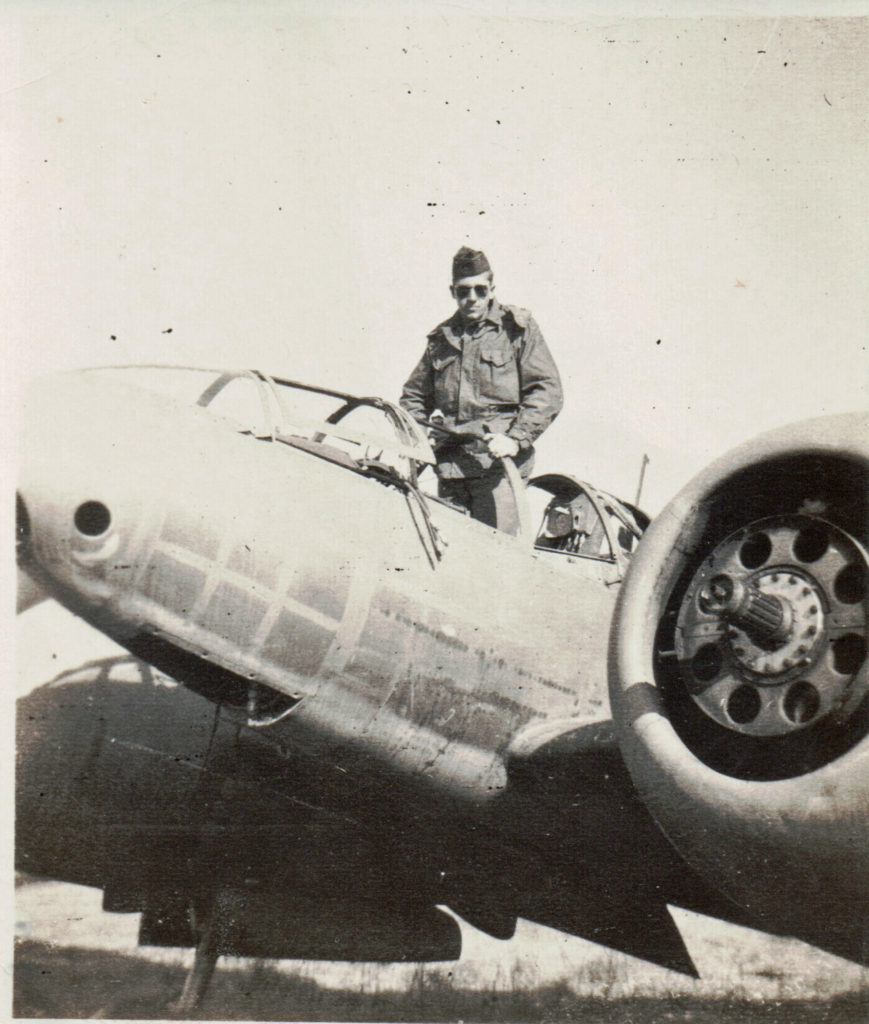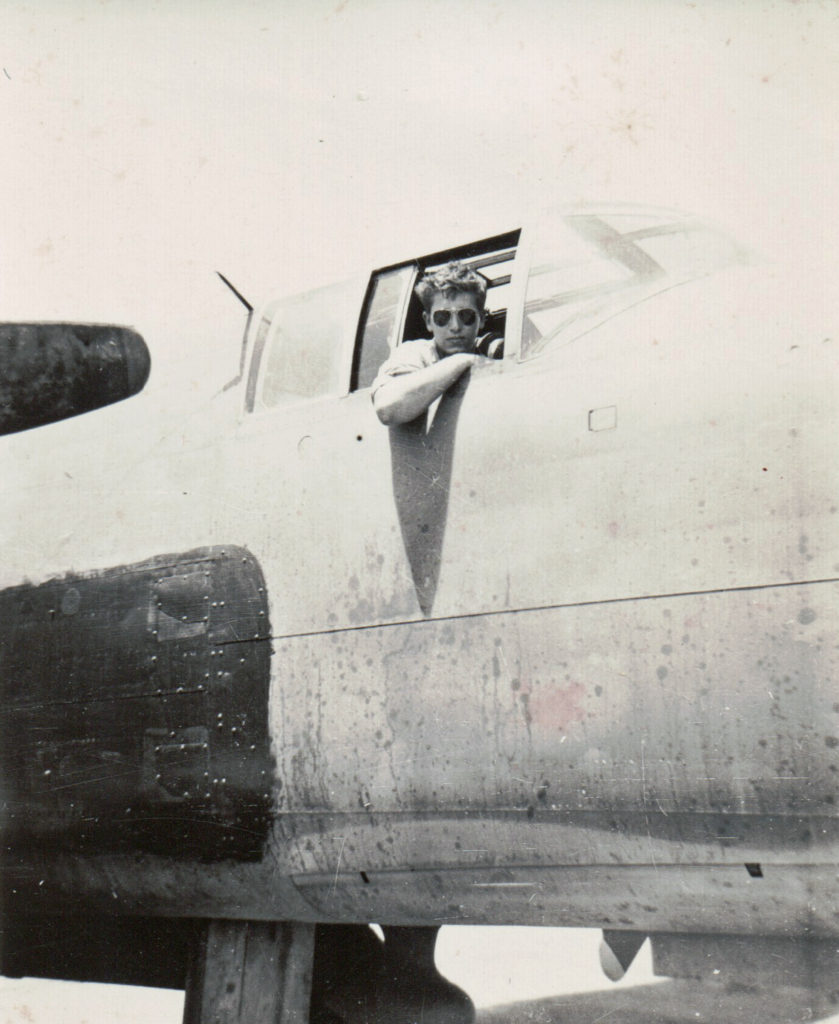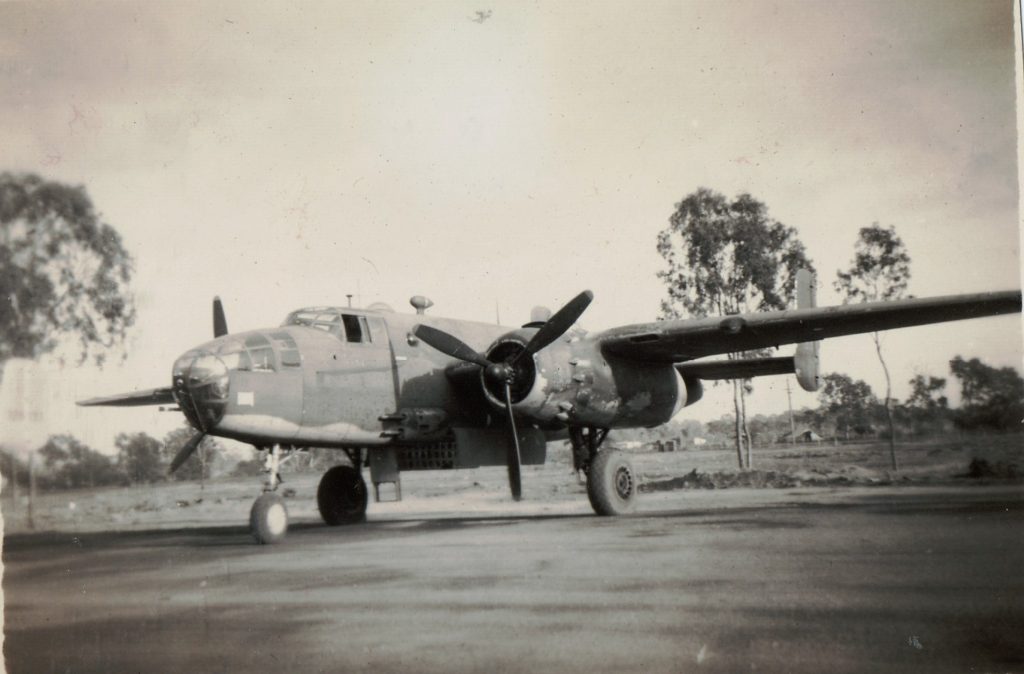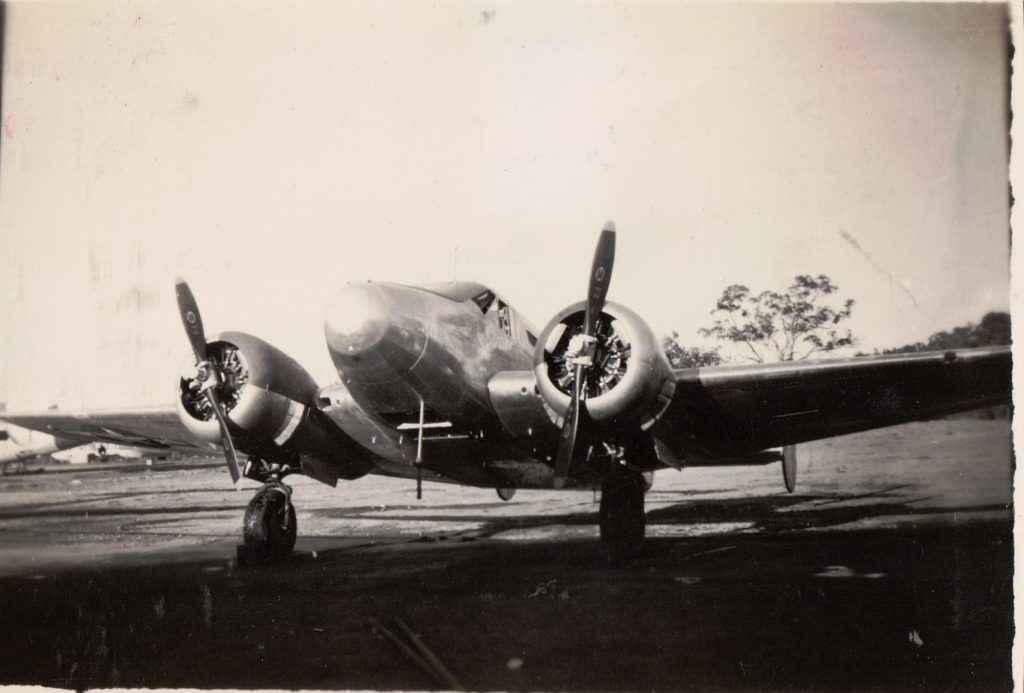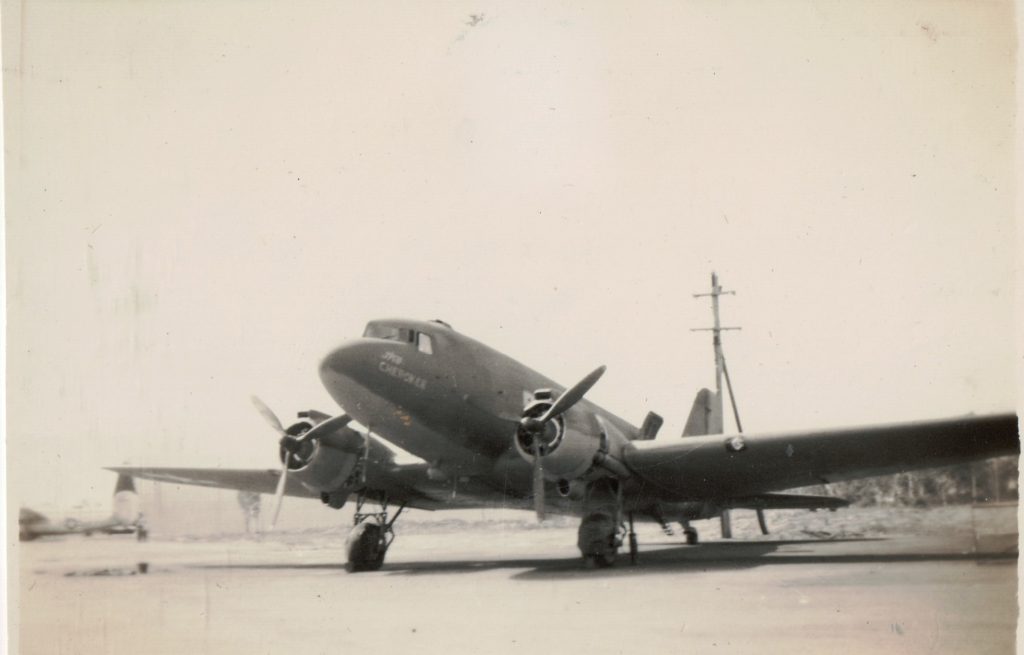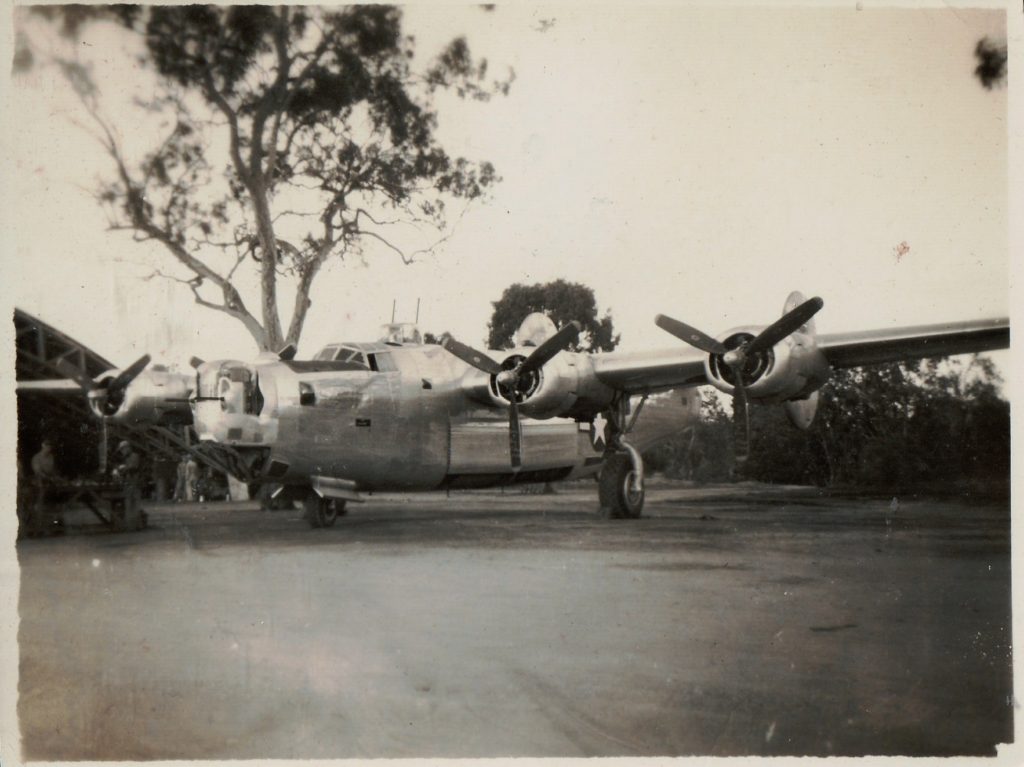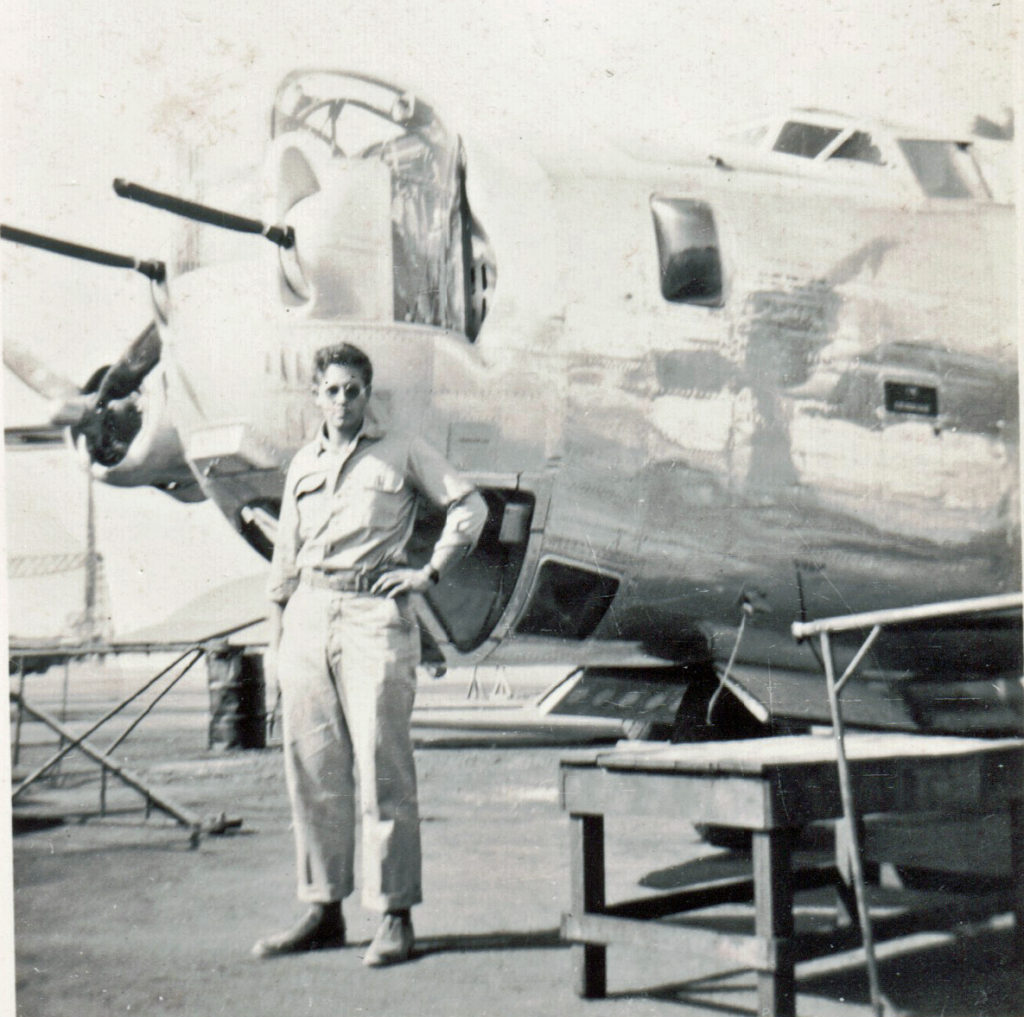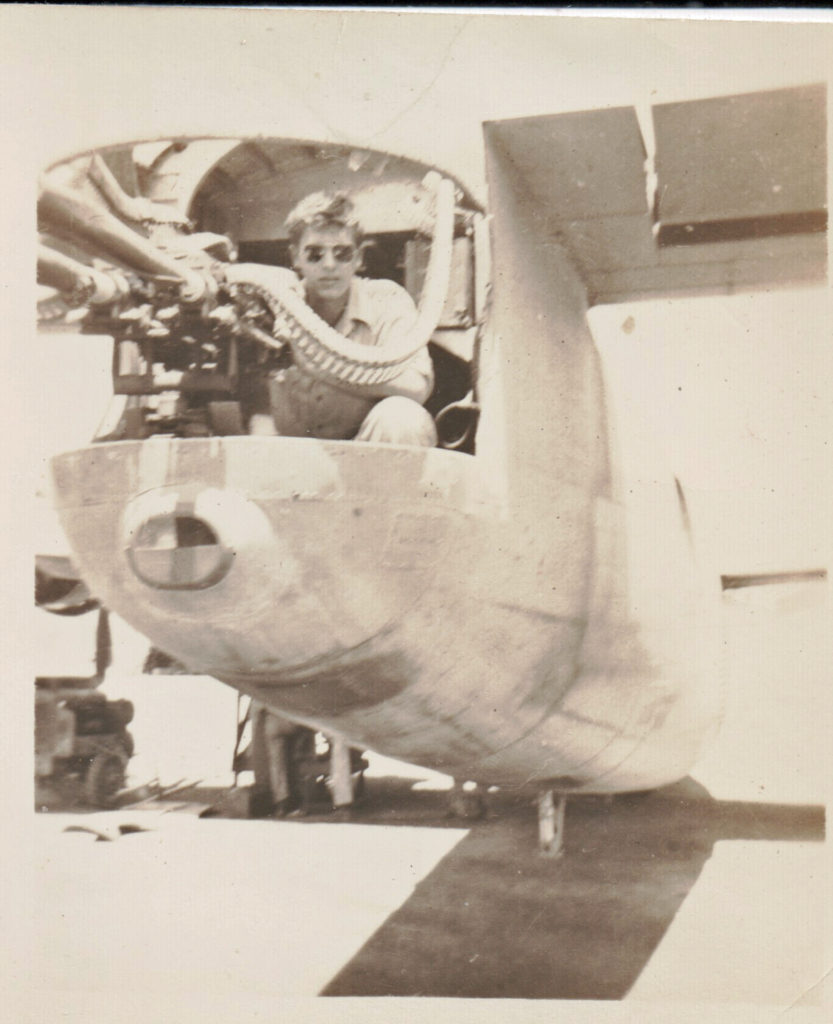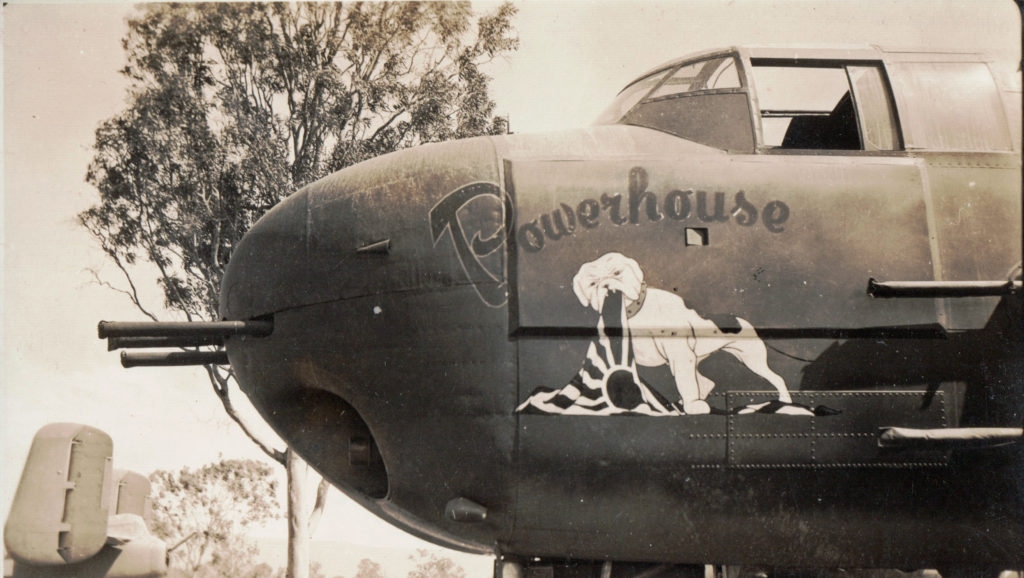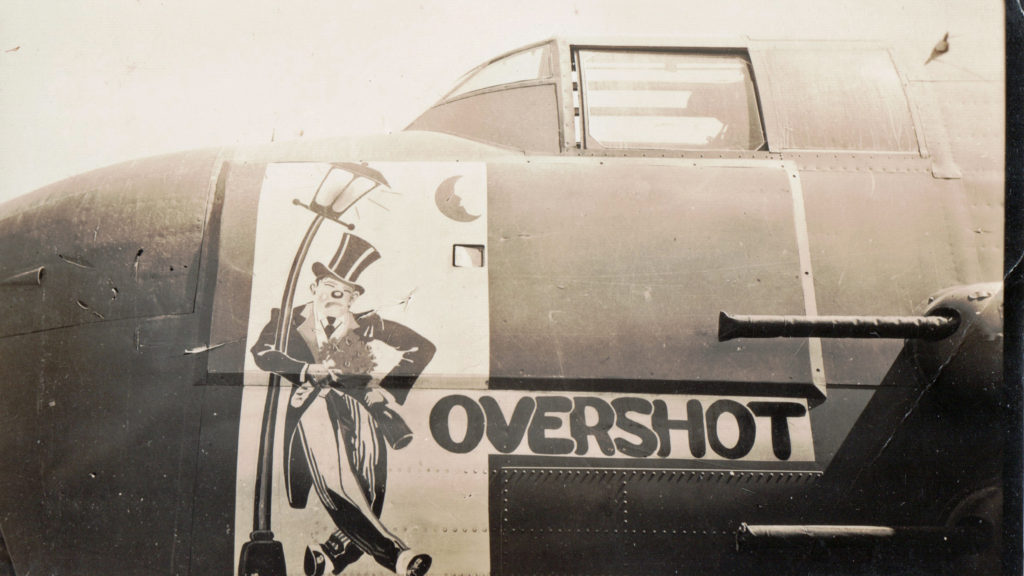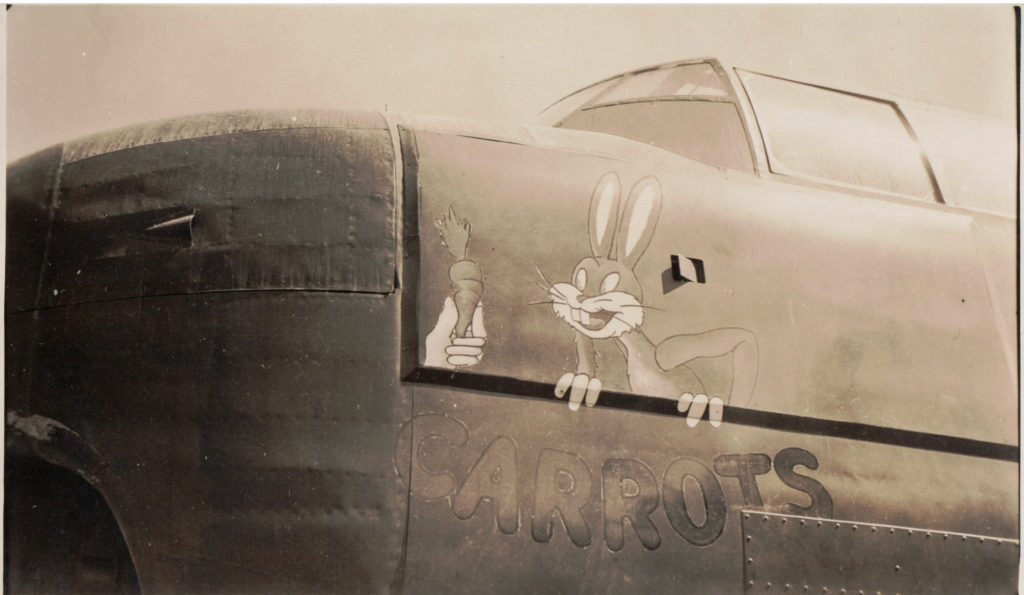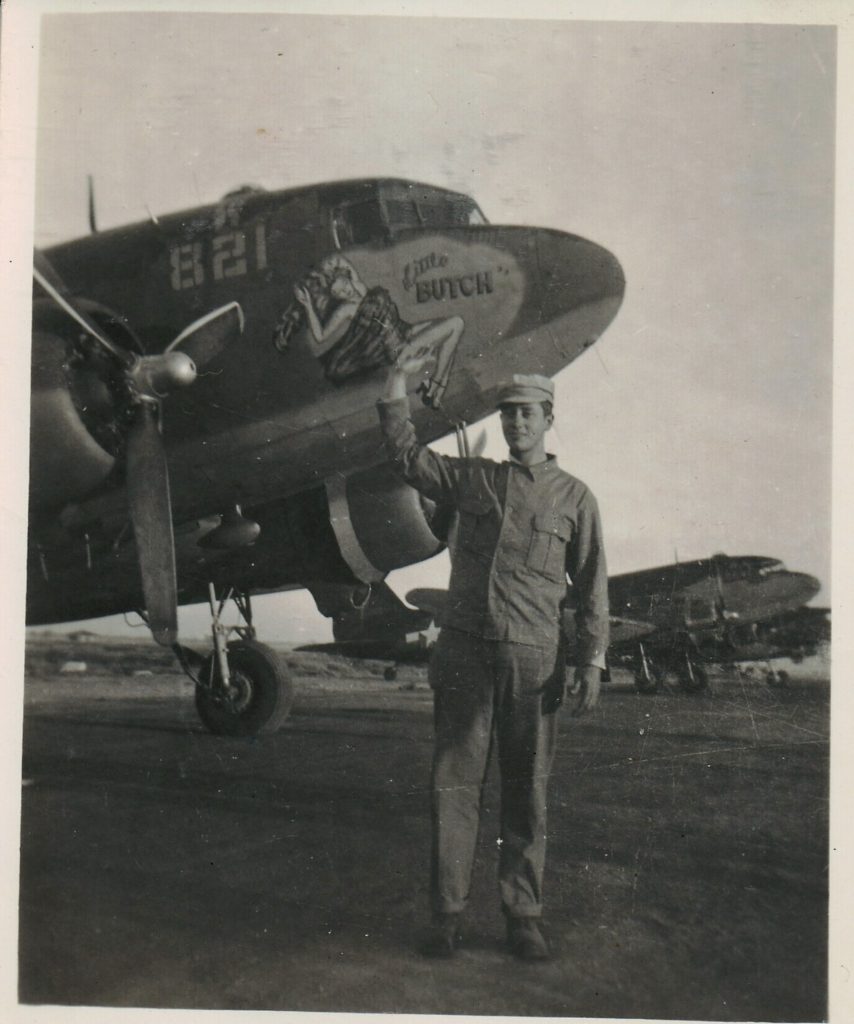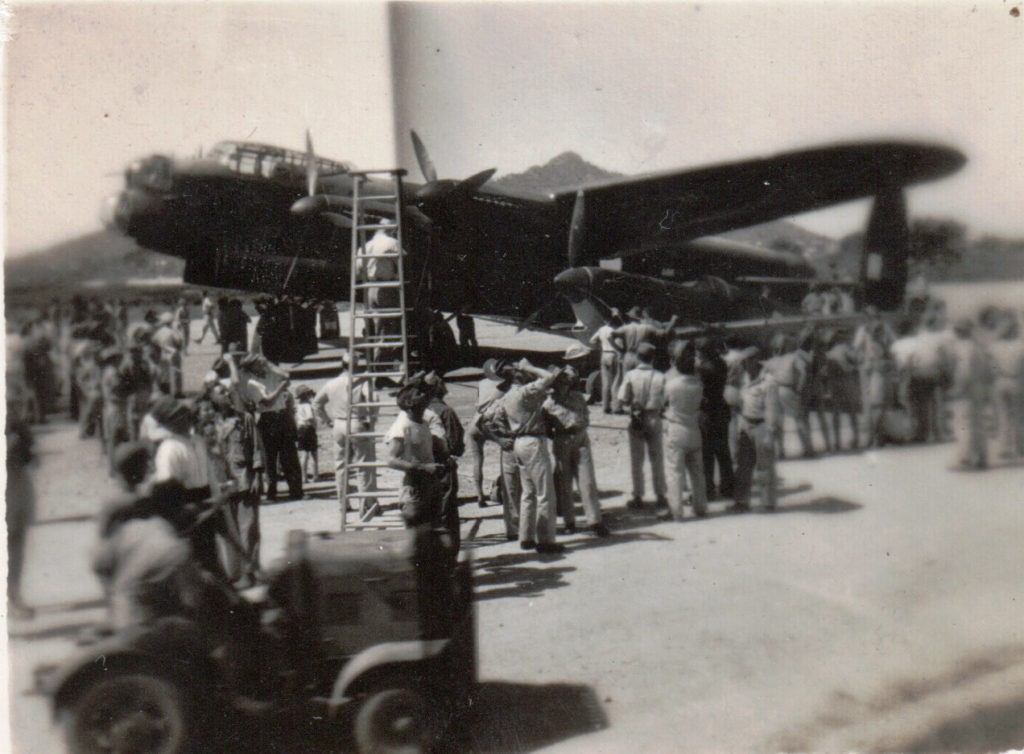An Independence Day for Henrich Horn
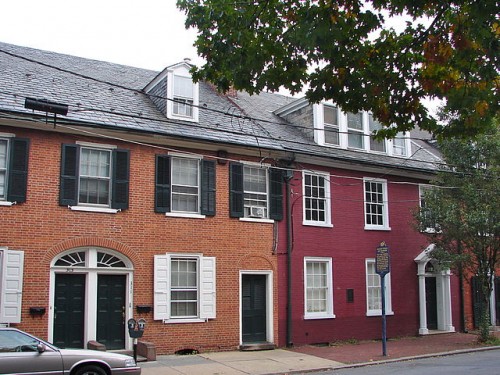
McMurray Family, Horn Family (Click for Family Tree)
Today is Independence Day in the United States of America- a fantastic way to celebrate our democracy that we have held dear for 246 years.
Two hundred and forty-five years ago, our ancestor, Henrich Horn, was to find his own sort of Independence Day.
We last left our ancestor, Henrich Horn, a Hessian prisoner of war in the Lancaster Barracks in Pennsylvania. The 900+ Hessian POWs had been captured by George Washington and his rag-tag Continental Army at their surprise attack on Trenton, New Jersey, on December 26th, 1776.
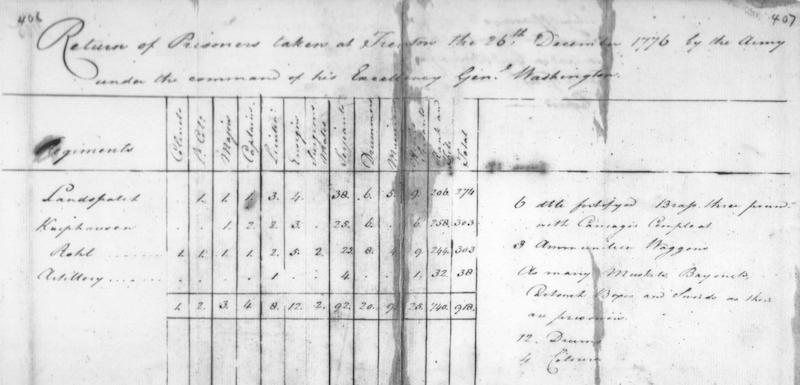
As the Hessians did not speak the English language they could not know entirely what was going on, and they had seen, and possibly participated in, the horrible brutality regularly practiced by the British on their prisoners and even the local citizenry- was retribution by the Americans in store for them? They would have been exhausted after the harsh weather conditions of their Trenton garrison duty and then travel after their capture- crossing the raging Delaware, marching through snow, sleet, and rain over snow-covered, icy roads for hours and hours and hours to get to Philadelphia and their ordeal there, and then, for Henrich and many others, the march to Lancaster over four more days. (Other Hessians were moved to York or Reading, Pennsylvania.) While the Hessians were a highly trained and disciplined army, as POWs they must have greatly feared for their lives, and whether death would come from cold and exhaustion or at the hands of the rebels.
While in Philadelphia on 5 January 1777, the commanding officers of the Hessian regiments had made a list of the prisoners taken at the Battle of Trenton, and our Henrich Horn was among those enumerated, included in the numbers for “Knyphausen” above. (Still trying to determine if there is a list that provides names.) The Hessian list of 868 prisoners was the number actually taken at Trenton, and did not include the 22 killed, 28 wounded who were left in Trenton on parole, totaling 918 per George Washington’s report. Of those who were moved from Trenton, 56 were considered wounded, but we do not know if our Henrich Horn was one of them. There were even a few women and children who were family and regimental camp followers included in the Trenton prisoners.
The Hessians were housed in their own wing of the Lancaster barracks, but still had some contact with the British POWs, who treated the Germans poorly. It was tradition that an army supply pay, clothing, blankets, etc. for their troops who were POWs, thus the von Knyphausen Quartermaster visited the troops to fulfill these needs. He described their quarters as a, “… beautiful barracks a little outside of town.” Some members of Congress were infuriated by the comfortable quarters offered the Hessians while their own troops were dying of disease, starvation, poor conditions, lack of clothing, etc. in New York while in the hands of the British.
General George Washington had insisted on good treatment of the prisoners. In addition to being far from the battle lines, Lancaster was chosen to house the POWs because the area was full of Germans who had settled the area years before and become successful farmers, merchants, and tradesmen. Language would not be a barrier between the groups, and seeing the prosperous life of a German in America might sway some of the POWs to desert. The many skills of the POWs would benefit the community, also helping the prisoners ‘earn their keep.’ The Pennsylvania Council of Safety thus sent a letter to Lancaster’s committee, stating,
“It is in our interest to improve the present opportunity to make them our friends, and sow the seeds of dissension between them and the British troops. The Germans [who had already settled in PA], by treating them as brethren and friends, may do the most essential service to our cause.”
Even the newspapers, where horrific tales of Hessian cruelty had filled the headlines, began to take a softer approach:
“The wretched condition of these unhappy men, most of whom, if not all, were dragged from their wives and families by a despotic and avaricious prince, must sensibly affect every generous mind with the dreadful effects of arbitrary power.”
The Americans were hoping that if the Hessians were exchanged for American POWs, they would then help to turn the minds of the other Hessian and British soldiers in their regiments. Alternatively, any Hessians that would desert and fight on the side of the Americans would be a huge benefit as well- trained and -disciplined soldiers were desperately needed to win the war for freedom from an oppressive monarchy.
After arriving at the Lancaster Barracks, a survey was taken concerning the trades of the Hessian soldiers. As of 10 January 1777, the soldiers included:
| 38 shoemakers | 17 smiths | 12 masons | 9 butchers |
| 50 tailors | 15 carpenters | 10 joiners | 6 bakers |
| 82 linen or wool weavers | 12 stocking weavers | 7 plasterers | 6 millers |
| 7 plasterers | 15 wagon-makers | 4 locksmiths | 4 coopers |
There were two soldiers who were trained in each of the following trades: pipe maker, lime burner, window maker, nailsmith, tanner, bookbinder, dyer, and musician. One soldier had worked as a barber, another a distiller, and one each had practiced as a gardener, hunter, knife maker, rifle maker, silversmith, Slater, stonecutter, tile maker, thatcher, and a bomb maker- the latter was probably from the Hessen-Kassel artillery. These skilled men came to a total of 315- a considerably rich source for the community to prosper with the use of their skills, plus the rest of the unskilled POWs working as laborers. Traditionally, German soldiers in Europe had hired themselves out on the side while in the military to make extra money during off-time and furloughs, so working in Pennsylvania was not that unusual a concept to them, and most embraced the opportunity for better food, shelter, and a little bit of cash. Although the men were required to report to the barracks twice a day if working in town or twice per week if working out in more rural areas, the freedom from being in a barracks 24/7 was likely quite a plus to the soldiers.
We do not know what trade/skills Henrich may have had, if any. Although he likely had been conscripted from his home at the age of about 16, he would likely have apprenticed or at least been used to working on a farm or in some other capacity in his town by that age. The Town Committee of Lancaster used this list to begin using POWs as laborers, and set up an area for shoemakers to manufacture desperately needed shoes for the Continental troops. Prisoners were also used to build a magazine (to store ammunition) and a stone house in Lancaster. Despite Congress and the Board of War not wanting prisoners to have the freedom, Lancaster also decided to ‘farm-out’ Hessians to the locals who would house and feed them while the soldiers worked at farming, mining, or other trades, and they would receive pay for their labors. These men also helped to replace the Americans who had gone off to fight, especially important with planting season coming soon. We suspect Henrich was farmed-out as a laborer since he was healthy and young but there are probably no records to confirm that. One record from about a year later that still needs confirmation as ‘our’ Henry Horn states he was a waggoner, a skill that would have been in great demand at the time.
The Americans used the Hessians as a pawn with the local citizens, too- only supporters of the revolution such as those who had donated materials, food, etc. to the army or militia, such as a team of oxen, could hire out POWs.
Throughout the war, from the moment the Hessians landed, there had been attempts by the Americans to get the German troops to desert. This continued with the POWs at Lancaster and other locations. Hessians were offered land, livestock, jobs, and other incentives. Because the war was not going well for the Americans, though, the Hessians had to weigh the prospect of an American loss and what would happen to them if they did desert and were captured. Hanging was the usual punishment for deserters in the German Army at that time, and the soldier’s family in Germany would be punished and the soldier’s lands and property confiscated. Very few Hessians deserted because of these harsh consequences, per some historians, however other researchers report that desertions in the field were rampant on both sides throughout the war. Heinrich likely had no property due to his youth; we do not know anything about his family in Hesse but if he had none living, his decision would have been easier. Rather than deserting and farming as an American citizen, Henrich made a life-altering choice- he enlisted in the Continental troops. It was a choice that would allow him to help win victory for the Americans so that he would not have to face the consequences of becoming a British POW who had been a Hessian, or be sent back to deal with the fury of the Landgraf (Prince) of Hesse for his desertion.
Henrich Horn’s pension application was dated the 28th of August 1832 and tells us of his service:
“… he enlisted some time in the year 1777 into the Legionary Corps of Gen’l Pulaski and served in the troop of horse of said Corps -& That he enlisted in Lancaster Pennsylvania.”
Henrich was 74 years old at the time of the application, and stated his discharge had been lost in the last few years and that “… owing to his advanced age many particulars of his service, especially dates and names have lapsed from his memory.”
This is likely true, as Count Casimir Pulaski’s Legion was a cavalry-infantry Continental Army regiment raised March 28, 1778, however Pulaski did command troops as early as September of 1777 so Henrich could have fought with them that early. With the campaigns he listed in the pension application, we are more assured of his claim that he was in the Corps at least later, as he took sick in a campaign in South Carolina.
Additionally, there was a Henry Horn who appears on a Muster Roll as a Private in Capt. John Stith’s Co., 4th Virginia Regiment of Foot, and some of our family researchers feel this could be our Henrich. The record states that he was a member of the Virginia company in September of 1777, with numerous muster rolls dated after that time. This could possibly be our ancestor Henrich as well, or instead- it would have been logical for Henrich to anglicize his name due to the sordid reputation of Hessians among the Americans. Virginia and many other areas had significant German populations by the war years, so Henrich could easily pass as the American Henry Horn if he wished. Our Henry married in 1782 in Virginia to a woman born there, Elizabeth Pretzman (1759-1840), so this particular set of records deserves a more detailed look.
There is much more research to do in pinning down our Henrich/Henry’s actual enlistment and service, as some of these records may have been for a man who enlisted from Washington County, Maryland, not Lancaster, Pennsylvania as noted in Henrich’s pension application. The timing for our Henry to have served one enlistment from Lancaster and then re-up in Maryland does not align with the stated service time in the pension, nor the engagements Henry remembered. After more reviewing and more research (shouldn’t that be spelled “re-search” ??), what is found will be presented in an upcoming post.
For today though, Independence Day, we honor Henrich/Henry Horn for choosing his independence from the Hessian/British Army and the Prince of Hesse-Cassel. His oath and service to the fledgling government that would become the United States of America helped us gain the freedoms that all so richly deserve.
[NOTE: This post has been slightly modified on 7/15/2022 with some new information recently found or to clarify some specifics.]
Notes, Sources, and References:
- Washington’s Crossing by David Hackett, 2004. Winner of the 2005 Pulitzer Prize for History, this tells the story of the crossing of the Delaware and the Battle of Trenton, mostly from the American point of view. This is an excellent book, and very well-written.
- The Hessians and the other German Auxiliaries of Great Britain in the Revolutionary War by Edward J. Lowell. Harper and Brothers Publishers, New York, 1884.
- AmericanRevolution.org: “The Hessians,” chapter VIII, by Edward J. Lowell, 1884, an excellent read- https://www.americanrevolution.org/hessians/hess8.php
- Journal of the Fusilier Regiment v. Knyphausen From 1776 to 1783, possibly by Lt. Ritter? See http://freepages.military.rootsweb.ancestry.com/~amrevhessians/journal1.htm#navbar
- Henrich Horn https://freepages.military.rootsweb.ancestry.com/~amrevhessians/oh/hwardhorn.htm
- Hessians Remaining in America: https://freepages.military.rootsweb.ancestry.com/~amrevhessians/a/amhessians10.htm#navbar
- Wikipedia articles:
https://en.wikipedia.org/wiki/President%27s_House_(Philadelphia)
https://en.wikipedia.org/wiki/Battle_of_Trenton https://en.wikipedia.org/wiki/Order_of_battle_of_the_Battle_of_Trenton https://en.wikipedia.org/wiki/Wilhelm_von_Knyphausen - The Hessians. Mercenaries from Hessen-Kassel in the American Revolution, by Rodney Atwood, Cambridge University Press, 1980.
- The Hessians and Other German Auxiliaries of Great Britain in the Revolutionary War, by Edward J. Lowell, Harper & Brother, New York, 1884 Republished by Forgotten Books, 2012.
- A Generous and Merciful Enemy. Life for German Prisoners of War during the American Revolution, by Daniel Krebs. University of Oklahoma Press, 2013.
- “Document for December 26th: Return of Prisoners taken at Trenton the 26th, December 1776 by the Army under the command of his Excellency General Washington.”
https://www.archives.gov/historical-docs/todays-doc/index.html?dod-date=1226 - Pennsylvania Evening Post, 31 Dec 1776, quoted in “The Hessians” by Rodney Atwood p. 99, from Stryker in “Battles of Trenton and Princeton” p. 369.
Please contact us if you would like higher resolution images. Click to enlarge images.
We would love to read your thoughts and comments about this post (see form below), and thank you for your time! All comments are moderated, however, due to the high intelligence and persistence of spammers/hackers who really should be putting their smarts to use for the public good instead of spamming our little blog.